After he had been discharged from the RAF on 31 March 1947, Exell made his way to Hull.[3] During his service, he met the founder of the Boyd Line’s son, Thomas Boyd Senior, who had promised the West Indian a job after the war. True to his word, Boyd offered Exell a position onboard a trawler as a fireman and trimmer.[4] This was not unusual as Black sailors were typically given unskilled jobs in the engine room of vessels (click here to read about Black sailors in Hull). Within a short time, Exell decided that he wanted to become a ship’s cook instead of a fireman and trimmer. Thus, he attended the Nautical College in Hull and passed his examinations in March 1952.[5] In the 1950s, the Jamaican settled in William Street, Hull and invited his brother to join him in the city. McFarlane was an electrician and thus when he arrived in this region, he gained a job as an engineer at Masscold, the commercial and industrial refrigerator company.[6] One day when he was installing a refrigerator at the Quality Fish Shop on Hessle Road he met Pam, who he thought would be a perfect match for his brother. McFarlane was right as Pam eventually became Exell’s wife.[7] Eventually McFarlane left his career behind as an electrician and followed in his brother’s footsteps becoming a ship’s cook. However, this change of profession led to McFarlane’s untimely death in 1959. On 23 August at 1:30 am the trawler he was working onboard, Staxton Wyke collided with the superior sized ore carrier, Dalhanna.[8] Within 90 seconds the trawler had sank.[9] However, remarkably out of 21 crewmen only five men perished - sadly one of them was Exell’s brother. Gill lists the lost sailors as Norbert William Perrins, Albert Triffett, Anthony Wardle, McFarlane and his assistant cook, Donald Wilde.[10] Exell had no idea about the tragedy as he was on board the trawler, Arctic Buccaneer.[11] However, when he disembarked, the Pastor of the Fishermen’s Bethel, Tom Chappell gave him the sad news of his brother’s passing. Exell rang his mother, who was living in New York, to tell her what had happened to McFarlane. Devastated and angry she paid a Hull solicitor to seek compensation for her son’s death. However, she eventually dropped the case.[12] Exell named his second child Arnold in memory of his brother. More recently, in November 2014, a plaque commemorating Hull’s lost trawlers, including the Staxton Wyke, was unveiled in Rayner’s pub in Hessle Road.[13] In 1964, the Black sailor retired from work onboard trawlers and instead obtained a position as a Cook Steward on board tugs with the United Towing company.[14] However, although Exell loved his new job, he spent a lot of time away from his wife and three children, who he missed terribly. Sadly, Exell died in 2003 having fought in the Second World War, and been involved as a sailor in the Falklands, first Gulf war and two Cod Wars. It is clear from Gill’s work that he had a rich and fulfilling life, loved his family and the vibrant music scene in Hull. [15] To read more about Exell go to the following link: NICK the COOK: From Jamaica to RAF Gunner to Hull Trawlerman (HESSLE ROAD: Stories about Hull's Fishing Community and Arctic Trawling Heritage (England) Book 2) eBook: Alec Gill: Amazon.co.uk: Kindle Store With thanks to Alec Gill for giving us permission to use this story and for the wonderful photographs. Footnotes
[1] Alec Gill, Nick the Cook: Hull’s black fisherman (Hull: The University of Hull, 2004), p.4 [2] Ibid, p. 5 [3] Ibid, p. 12 [4] Ibid, p. 12 [5] Ibid, p. 13 [6] Ibid, p. 14 [7] Ibid, p. 14 and 15 [8] Ibid, p. 24 [9] To read more about the Staxton Wyke consult the Hull Daily Mail, 31 August 2010, p. 3 [10] Ibid, p. 25 [11] Ibid, p. 27 [12] Ibid, p, 27 [13] Hull Daily Mail, 19 November 2014, p. 12 [14] Ibid, p. 28 and 29 [15] Ibid, p. 30 and 31
1 Comment
and academics, Stephen Bourne, Ray Costello, Linda Hervieux, Mark Johnson and Andrea Levy among others, have all made valuable contributions to uncovering the lost history of Black Service Personnel during the First and Second World Wars. However, far more work needs to be done on a national, regional and local level to uncover further information about Black men and women within British military history from all time periods. Only when we acknowledge the bravery of white and non-white service personnel together, can we truly begin to understand and appreciate the sacrifices made by all during war. Black service personnel have had a long history in the British forces. Men such as John Lewis Friday were part of the British Army during the Napoleonic Wars. He, along with some of his white and Black counterparts, received the prestigious Waterloo Medal for their bravery on the battlefield. During World War One, soldiers of African descent were enlisted into regiments across Britain. Even predominantly white regiments often had Black servicemen in their battalions. In 1915, the Hull Soldiers Club gathered for an awards ceremony, in which a ‘coloured soldier’ of the East Yorkshire Regiment was given a prize for bravery. Another soldier of African descent who fought as part of the East Yorkshire Regiment was Theophilus Davis. He sadly died during the conflict and is commemorated on the Ploegsteert Memorial in Belgium (we will be bringing a larger story out on Davis soon so keep checking our weekly releases). Another soldier of African descent, Private Palmer Samson, who was born in Calabar around 1897, enlisted at Beverley during the First World War. We know very little about his life, other than that he was adopted by Susannah Wilson and lived with her at 10 Bolton Terrace, Hotham Street, Hull. Although he signed up in East Yorkshire, Samson ended up in the 1st Battalion of the Devonshire Regiment which fought on the front line in Belgium. Sadly, he was killed in action at the Battle of Broodseinde, near Ypres on 4 October 1917. It is probable that his adopted mother Susannah received Samson’s medals and memorial death plaque after the war to acknowledge his contribution to the conflict. Last month marked the centenary of his death.
During World War Two, West Indian volunteers flocked from the colonies to join the RAF as pilots and ground staff. Many of these men trained in East Yorkshire, some losing their lives here such as Byron Martin, Wilfred Octavius Dawns, Vivian Florent and Patrick Constantine Marshall (click here to read our previous blog post on war graves). However, their contributions are often overlooked. As are the roles played by women of African descent during war, such as Liverpool-born Lilian Bailey/Bader, who also joined the WAAF becoming an Aircraftswomen First class, before she was promoted to Acting Corporal. 'Lest we forget' on this Remembrance Sunday, that people of different races from across the globe have fought for Britain during various military campaigns, many paying the ultimate price. During war, they stood shoulder to shoulder fighting for this country so let us celebrate, commemorate and remember them together. Below is a slideshow of images of some of the many Black servicemen and women who have links to the Hull and East Yorkshire region. To find out more about them click on each image to go to relevant pages on the project website. |
Follow usArchives
April 2023
Categories
All
|
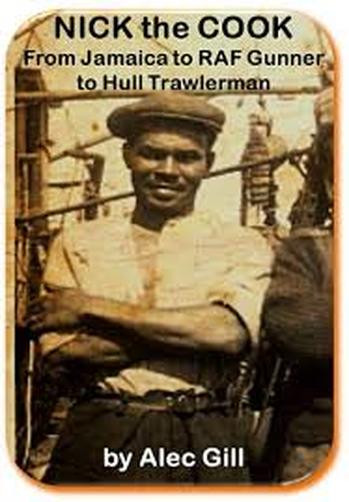
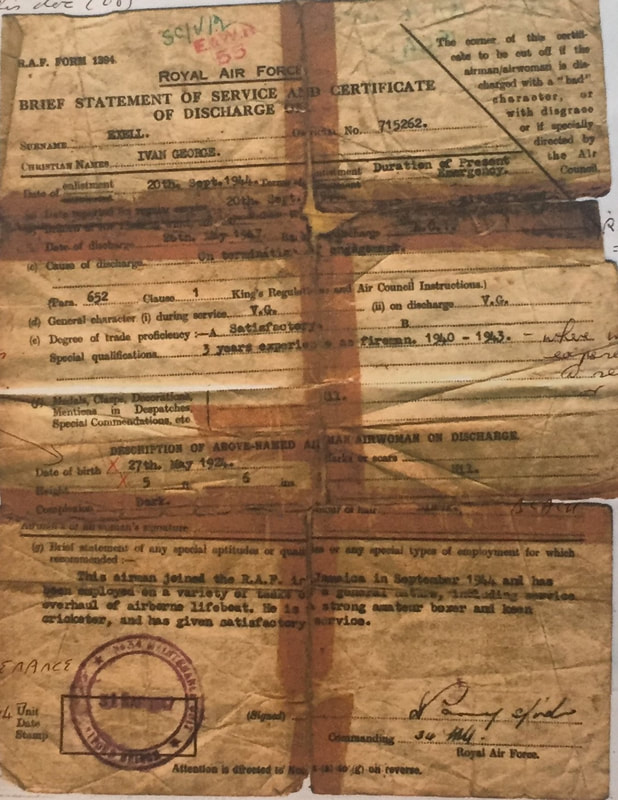
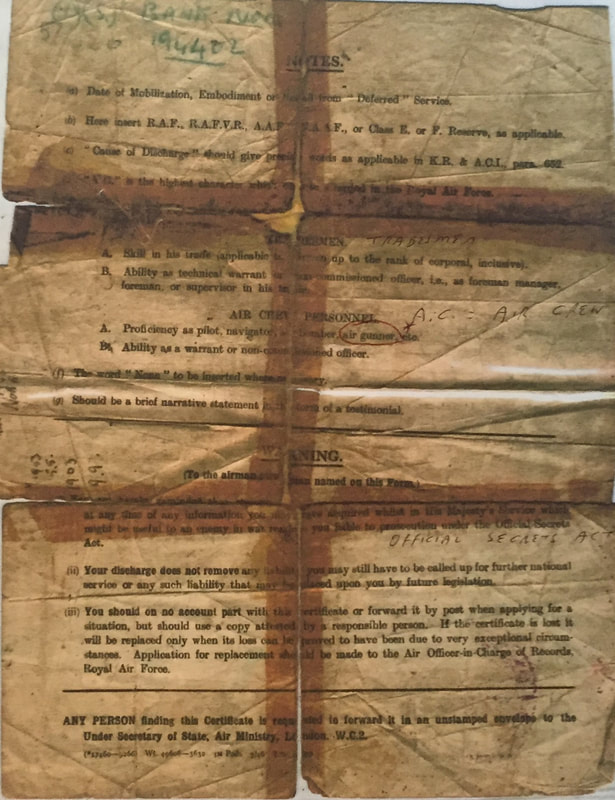
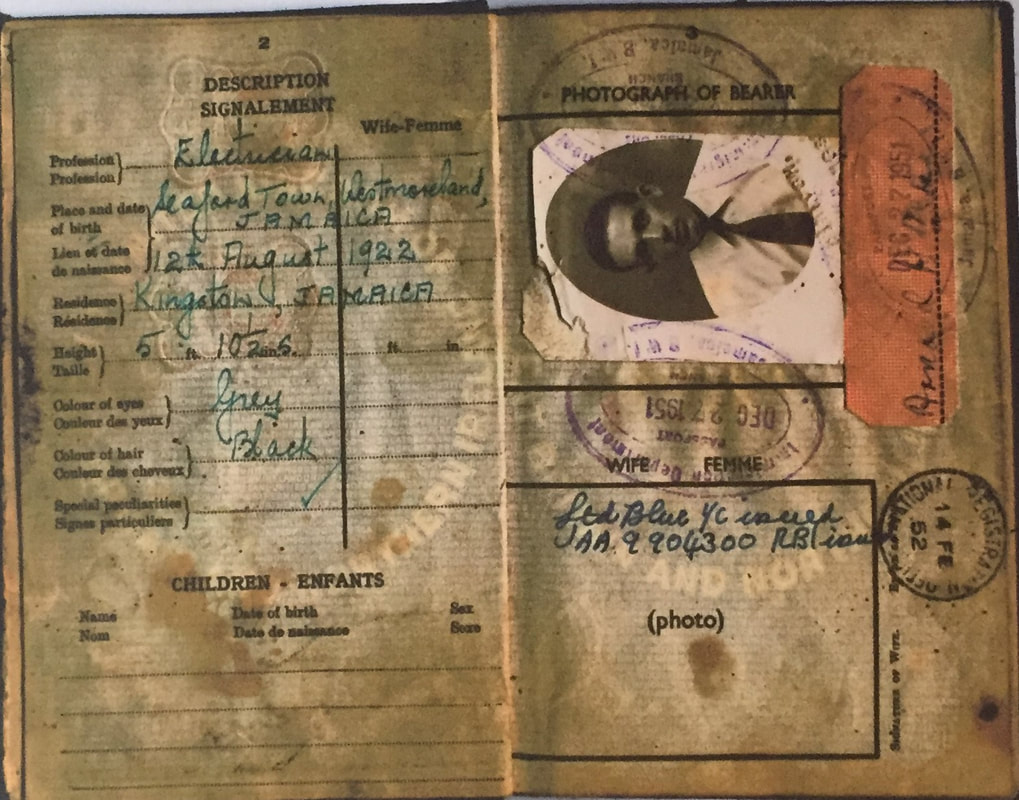
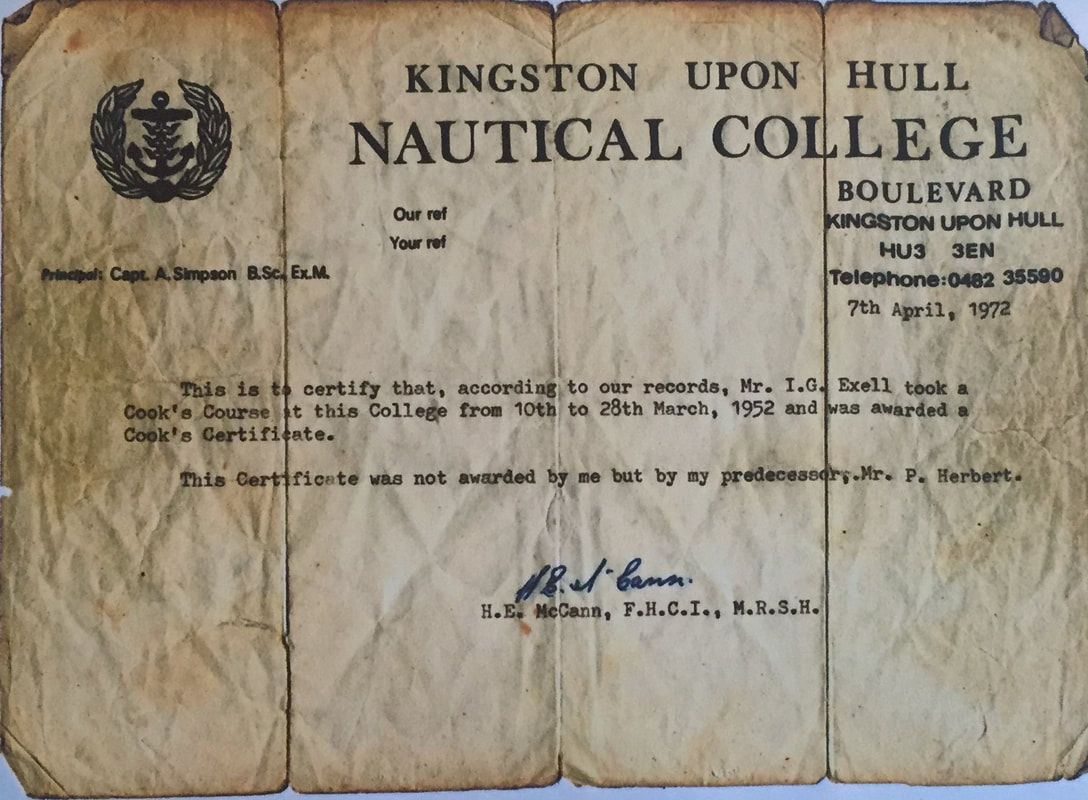
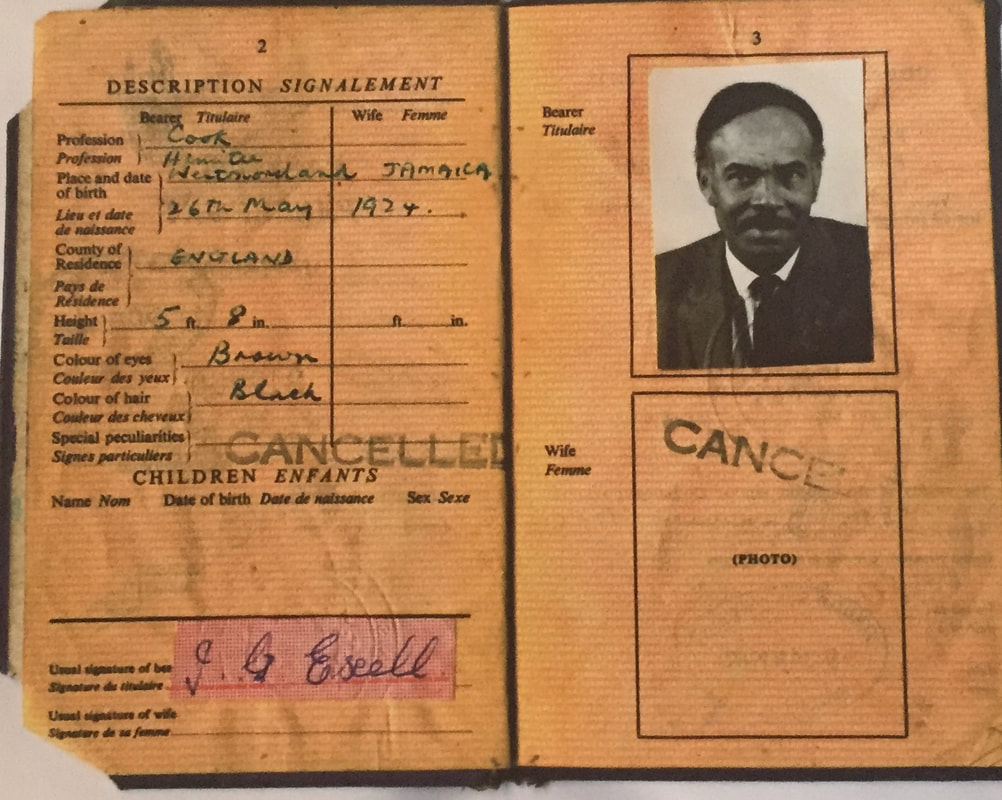
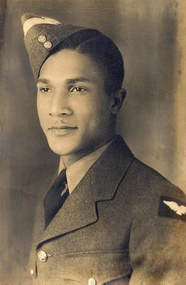
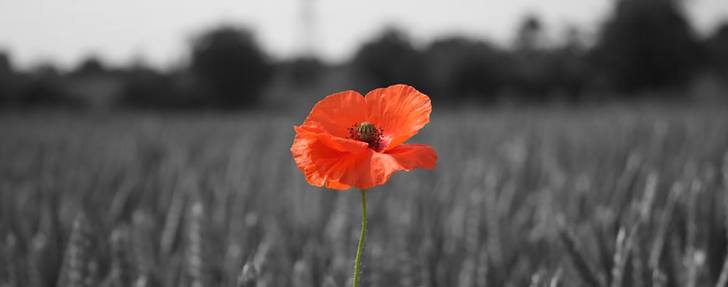
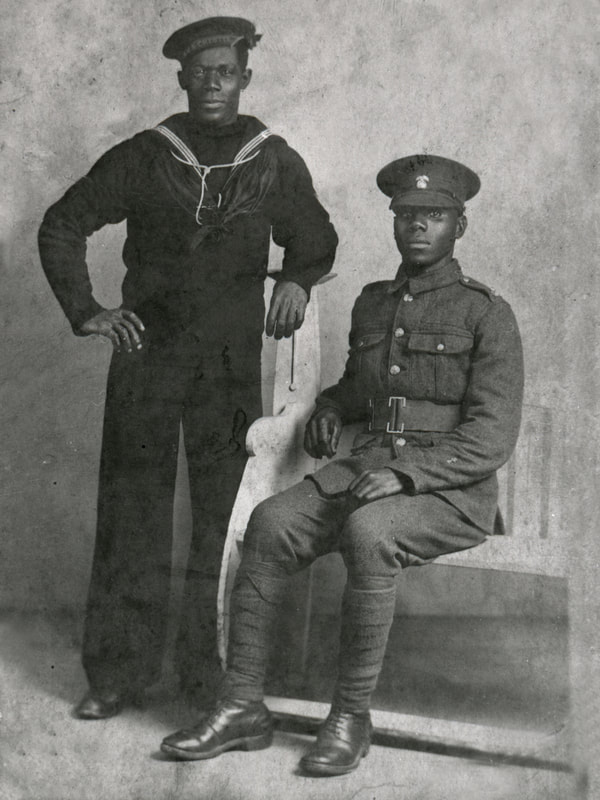
 RSS Feed
RSS Feed